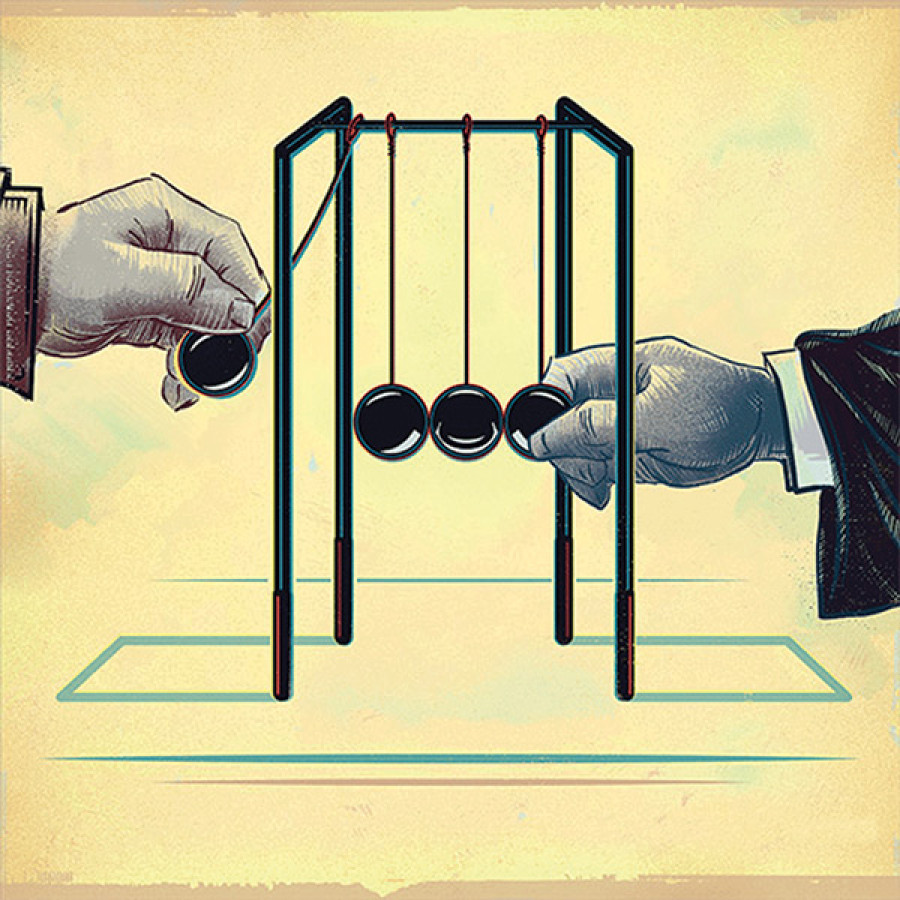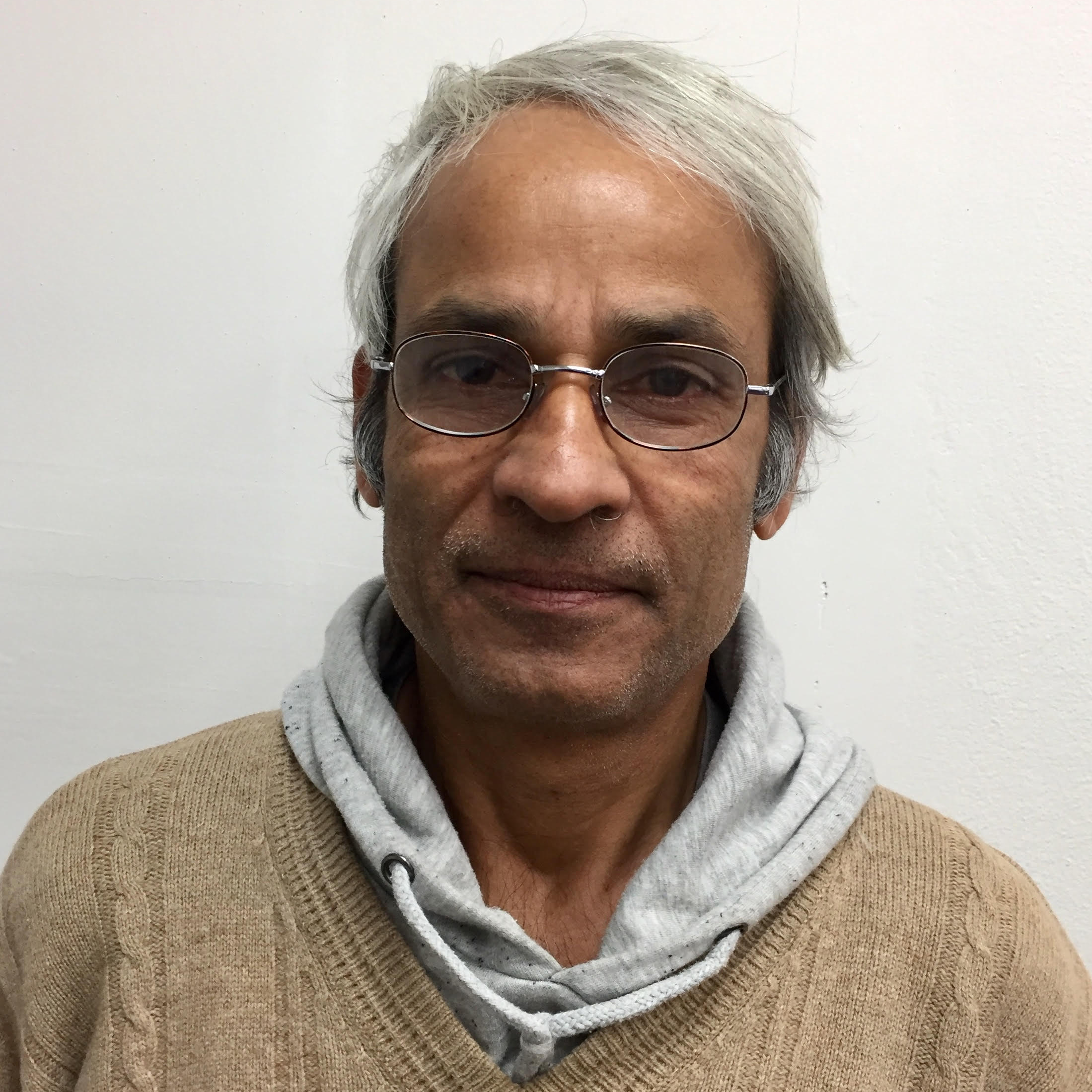Opinion
Local transformations
The first two phases of local elections were momentous events. People across the country thronged the polling booths to grab the opportunity to choose their local leaders again after two long decades.
Hemant Ojha & Jagannath Adhikari
The first two phases of local elections were momentous events. People across the country thronged the polling booths to grab the opportunity to choose their local leaders again after two long decades. This reflects the ongoing political transformation of Nepali society, although much of its effects will only be visible over the next few years.
Local government, in its present form, is a new experiment in Nepal. The constitution has given some legislative, executive and judiciary roles to these lowest tiers of government. For the first time in Nepal’s history, people are getting this level of power at the local level. But, at the same time, it is also certain that it is no panacea for all the country’s ills. While there is a good constitutional basis for more progressive local governance, we argue for the need to exercise extreme caution and undertake constant improvement until the local government is established as a self-maintained system.
Beyond decentralisation
The present attempt to form a powerful local government is beyond the concept of decentralisation. In decentralisation, there are existing institutions at the local level to which power and resources are delegated. Currently in Nepal, the existing local institutions have been dismantled, and the election has set the scene for creating new institutions, which entails fundamentally different social, political and physical infrastructures. But the central government has not adequately prepared the ground for this transformation. For example, it has not yet brought an act or regulation to manage governance at the local level. Some budget has been allocated to local governments, but there are no rules as to how to invest this money and how to generate resources.
Given this confusing situation, it is no wonder that the activities of recently formed local governments have raised the eyebrows of the central government. For example, the Pokhara-Lekhnath municipal government doubled the allowance for the elderly immediately after the election. The central government intervened to stop this action. The newly elected local government thought that it could disburse the funds given by the central government in areas that it feels necessary. It realised, only later on, that much of the budget was meant for services like education and health, and that the budget was, in fact, short.
New election, old culture Over the years, even decentralisation was found to be difficult to implement, especially in Nepal where a culture of centralisation has been deeply entrenched. Even after the radical political change, there has really been no change in the political culture. The leaders advocating such a change themselves follow the practice of centralisation. In a society where decentralisation was difficult to implement, it is certainly not an easy job to implement the principles and practices of federalism and local governance. Therefore, the road will not be that smooth for some time.
Yet, hopes for a transformational change in local governance are not unfounded. It requires the government to tackle a number of challenges immediately: making all the regulations clear, making all local leaders aware of the principles and practices of local governance, developing checks and balances, following deliberative practices to improve regulations and policies and finding ways to get the services of specialists located at higher administrative levels. Parliament now needs to bring the regulations required for the new local governments to function in line with the spirit of the new constitution. This needs to be done as soon as possible. Instead of taking more time to make perfect regulations, it would be prudent to bring workable ‘framework’ regulations that can be improved when lapses are seen after they are put into action.
This, of course, calls for a mechanism that builds on the experiences of local governments. It is also important that the newly elected local leaders understand the principles and practices of local governance in the entirety of political and regulatory practice. This requires creating learning and capacity building opportunities using the lens of a critical development perspective.
Developing checks and balances in local governance is very important. Giving political and financial power to the local level also means that there could be an equal chance of decentralisation of corruption. Past experiences from both Nepal and elsewhere suggest that conflict and corruption tend to escalate in the decentralisation process if proper checks and balances are not provisioned. It is often assumed that in local governance, people are aware about the resources available and the government’s unsatisfactory performance which enables them to make the leaders accountable for their actions.
While this is true, the primacy of party-based organisations and the cadre system of political parties, that is underpinned by a system of loyalty to party authority, could increase corruption by compromising the impartiality and accountability of the leaders. To minimise this risk, it would be important to envision some kind of administrative and procedural checks against political populism that could undermine the values of accountable self-governance.
Constitution’s vision
However, we caution against a bureaucratic antidote to political democracy. The organisation of a local bureaucracy in a way that delivers efficiency and democracy is a real challenge. This means that even if the local government is given power to recruit administrative and technical staff to provide services in areas like education, health and agriculture, the strategy may not work in practice. Many specialists would not like to serve in a local tier like rural municipalities. For them, the district level would be appropriate. Stationing them at the provincial level also means that they will be significantly far away from the people they would serve. Finding a creative way to station experts and competent administrative staff at the local level will be a challenging issue in the days to come.
The constitution’s vision of local government looks promising and ideal, but a lot of work has to be done without too much delay to make this idea functional in practice. Otherwise, there are also chances that this nascent form of radical transformation in local governance will lead to chaos and further destabilisation of the state.
Adhikari is a human geographer with an interest in development planning; Ojha is an environmental policy researcher at the University of New South Wales, Australia




 9.7°C Kathmandu
9.7°C Kathmandu











